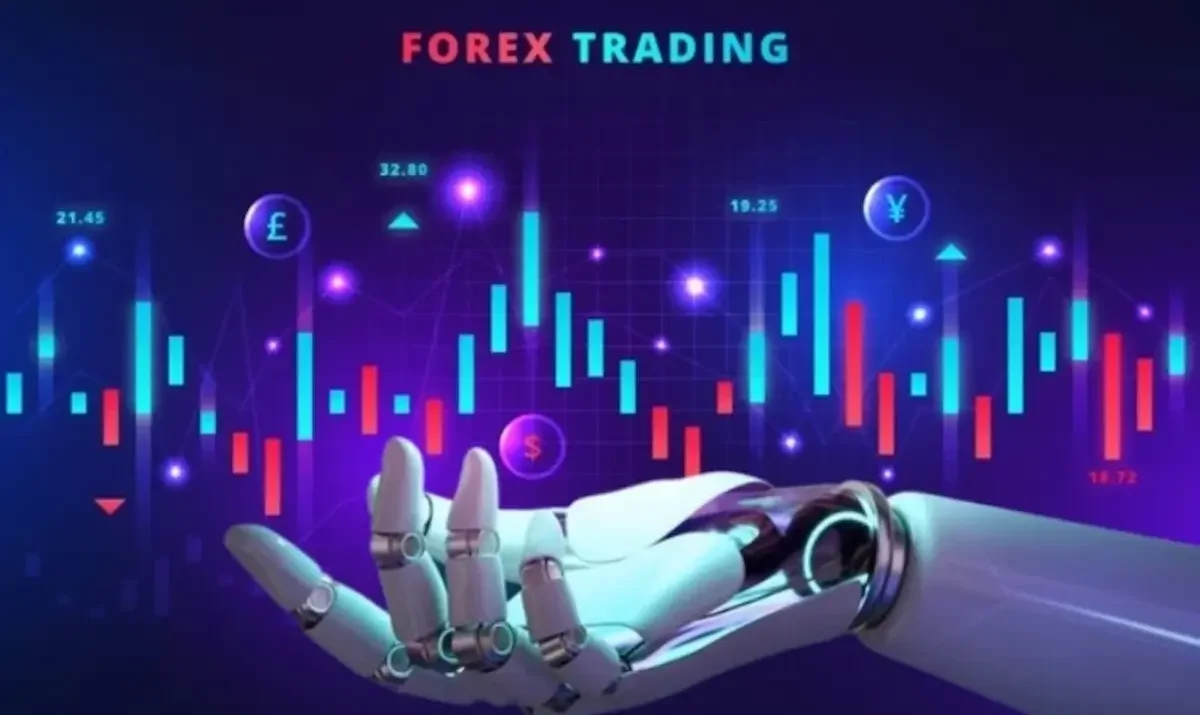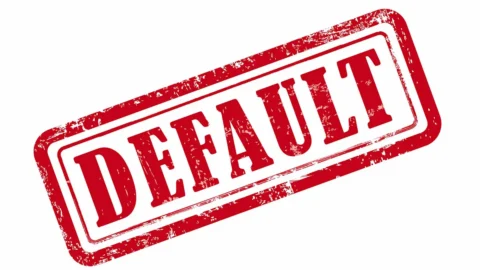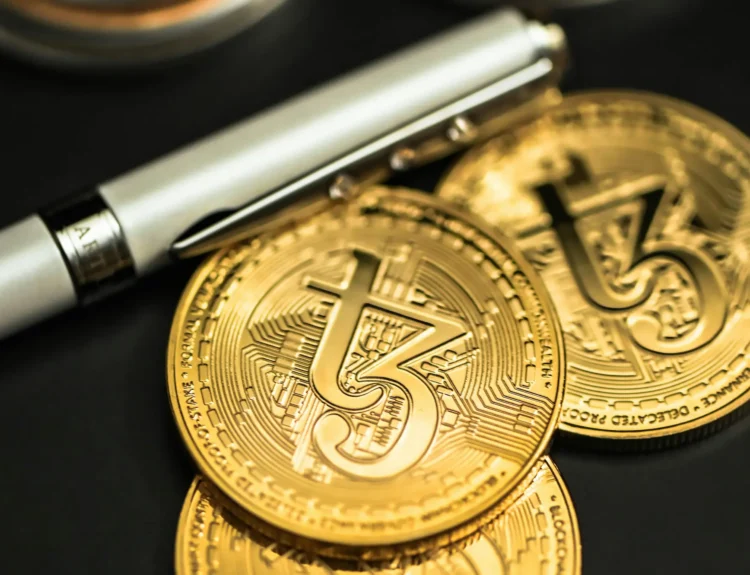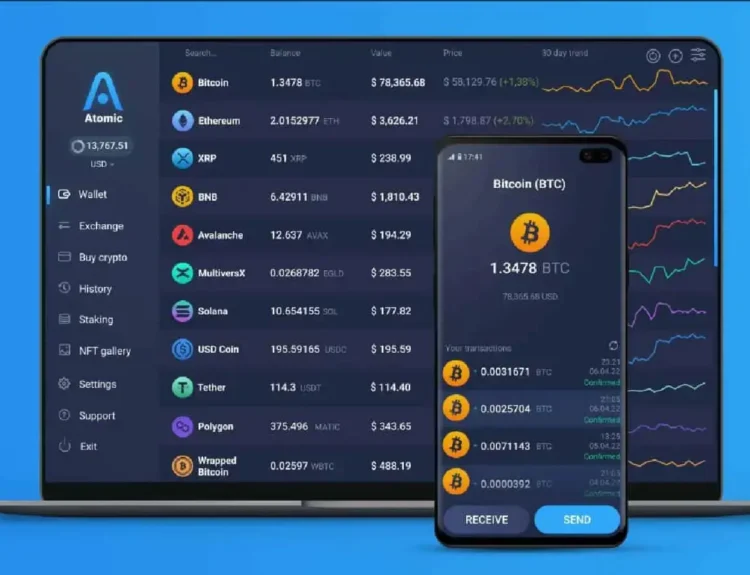Forex is the international currency market. The name “Forex” is derived from the combination of the first syllables of the words “Foreign” and “Exchange” and translates to “foreign exchange.” Therefore, Forex is also called FX trading, which essentially means foreign trading. On Forex, sovereign state currencies are bought and sold.
What Are The Main Characteristics Of Forex?
Forex has several specific characteristics:
- Global size. There are 180 recognized foreign currencies worldwide. Markets for buying and selling them exist in almost every country.
- Exceptional liquidity. A huge volume of trading operations occurs daily, each backed by currency. There is always demand and position for currency.
- Currency prices depend on many factors – the political and economic situation in the world and individual countries, speculation, etc.
- Convenient operating hours. Currency markets operate 24/5. The trading break for European traders starts at 01:00 GMT on Saturday when US exchanges close and ends at 21:00 on Sunday when exchanges in New Zealand open.
- Profitable trading due to large transactions. The exchange rate difference is small, so large volumes of currency trading are needed to gain significant profit.
- The Forex market has four main zones with the highest trading volumes: London, New York, Sydney, and Tokyo.
What Is The Forex Trading – Watch The Video
Watch the suggested YouTube video about Forex trading, its complexity, features, and risks of currency trading on our portal.
What Are The Features Of Forex Trading?
Two types of trading are conducted on the Forex market:
- For ensuring import-export operations. Governments, banks, enterprises, and other economic agents buy foreign currency for import operations and return funds.
- Speculative. Traders buy currency when its rate decreases and sell it when it increases. They use currency rate fluctuations to gain speculative profit.
On Forex, trading occurs in currency pairs. The first currency in the pair is the base currency, and the second is the quote currency. The quote currency expresses the value of 1 unit of the base currency. For example, in the USD/EUR pair, the price of 1 US dollar is specified in euros. The price is displayed only as a number: 1.3925.
Trading follows this algorithm. A trader chooses the USD/EUR pair and places a bet predicting an increase in the EUR rate relative to the USD rate. If the prediction is successful, they profit; if unsuccessful, they lose the bet.
The Forex market allows trading using the margin system. Traders can borrow money from brokers with little collateral. Brokers are intermediaries between traders and the Forex market.
The leverage size can exceed the trader’s amount by 10, 20, or 100 times. If a trader has $1000, a 10x leverage allows them to operate with $10,000. Traders pay a margin to borrow money, which covers possible losses for the broker. For 10x leverage, the margin is 10%; for 20x – 5%; for 50x – 2%; and for 100x – 1%.
On Forex, currencies are bought and sold in lots. One lot equals 100,000 units of the first currency in the pair. To buy one lot of the USD/EUR pair, an amount equal to the value of 100,000 USD at the current rate is needed. Suppose this equals $3,000,000. If a trader doesn’t have this amount, they can take 50x leverage from a broker. The margin is 2%, and the trader needs only $60,000. If the pair’s rate starts to fall, the broker will automatically close the position at $60,000. The trader loses all their money.
Traders can trade smaller amounts by buying mini, micro, and nano lots.
Who Are Forex Brokers?
Forex brokers are companies that act as intermediaries between traders and the Forex market. They provide traders with a trading terminal and tools necessary for buying and selling currency.
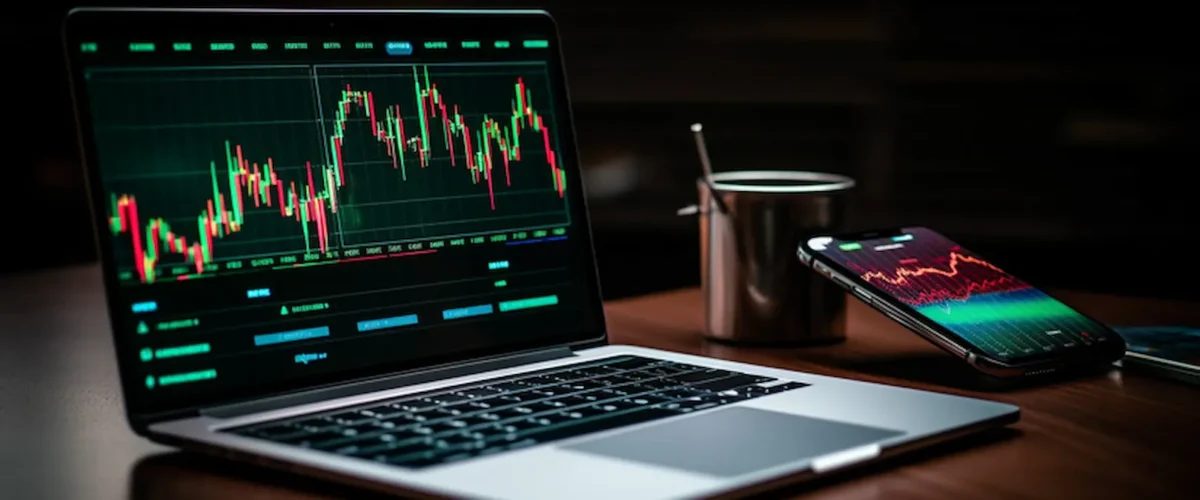
There are 3 types of Forex brokers:
- No Dealing Desk (NDD) companies – intermediaries that connect traders to Forex without any intervention. The broker earns a small commission on each transaction.
- Market Maker (MM) – brokers that ensure market liquidity. They sell currency to traders and buy it from them, earning on the spread between the buy and sell prices of currency pairs.
- Companies using Electronic Communication Networks (ECN) to find buyers and sellers – a type of NDD broker. They provide traders with direct access to the Forex market and quickly execute transactions.
Traders choose a Forex broker based on their trading needs.
Conclusions
Trading currency pairs on Forex is a good alternative to trading operations with securities and cryptocurrency. The increasing number of Forex brokers has made FX trading more accessible for traders with small capital. Leverage allows traders to make many bets and earn decent profits. It is important to understand that such operations carry high risk. Therefore, it is necessary to thoroughly study the mechanism of Forex trading and choose an effective trading strategy.
Recommend that you read our article about Crypto Arbitrage: What Is It and How It Works?
Frequently Asked Questions About Forex
Forex is the global international currency market.
Forex trades include currency trading for ensuring import-export operations and speculative trading. Governments, banks, and enterprises conduct the former, while traders conduct the latter. The trader’s task is to buy currency cheaply and sell it at a higher price to gain speculative profit.
Forex brokers are companies that act as intermediaries between traders and the currency market.

